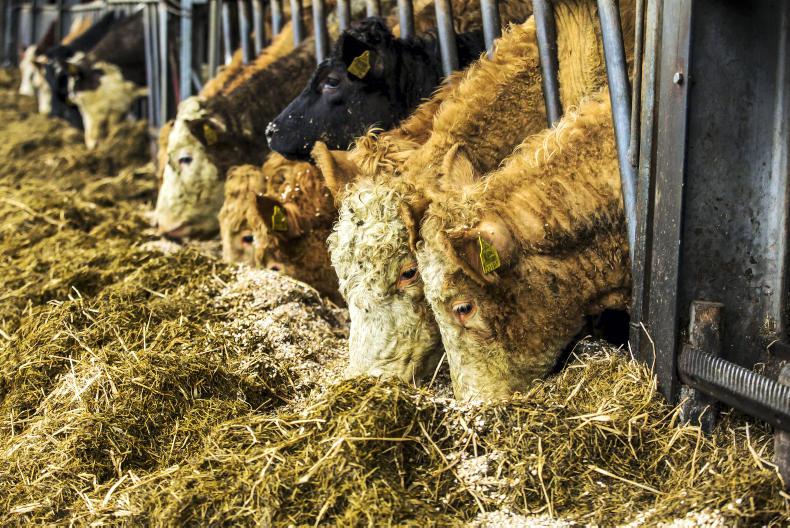Exports of weanling bulls to Algeria look set to increase, with an agreement reached between Irish and Algerian veterinary authorities on an export health certificate. It has now been published by the Department of Agriculture and covers bulls aged up to 14 months.
Already, 250 bulls have been bought for export to Algeria.
Bord Bia has announced that influential Algerian and Egyptian livestock buyers will be in the country this week for a three day visit, including visiting a number of farms and the performance recording centre of the Irish Cattle Breeding Federation (ICBF).
These visitors are believed to have a combined purchase requirement of 110,000 cattle per year.
“This visit comes at a crucial time, allowing Irish cattle exporters to push on and establish potentially lucrative business relationships with buyers from both Egypt and Algeria. Both markets have significant live import needs, particularly for young bulls," Nicolas Ranninger, Africa manager for Bord Bia said.
Agreement
The agreement for a new health certificates follows ongoing discussions between the office of Minister for Agriculture Michael Creed and Algerian authorities. The most recent meeting was a visit to Algeria in April by senior officials from the Department of Agriculture and Bord Bia. A first consignment of young bulls was exported Algeria in recent days by the Wicklow Calf Company and the firm hopes for repeat orders in coming months.
A group of Algerian cattle buyers is in Ireland this week, at the invitation of Bord Bia, visiting Irish farms to see Irish stock. Algeria imports up to 100,000 live cattle each year as well as other livestock. Young bulls sent from Ireland will be finished to slaughter weight on Algerian farms.
Foot and mouth
The new health certificate requires that Ireland be 12 months free of foot and mouth, bluetongue, brucellosis and a number of other diseases. Herds of origin must be officially free of TB and brucellosis. They must also be deemed free of IBR/IPV or not have had a clinical case in the previous 12 months.
Cattle must have passed a tuberculin test between three and 60 days prior to departure. They must be free of IBR and vaccinated against the disease.
The Irish and Algerian authorities have also agreed on a health certificate for breeding cattle aged less than 34 months.









SHARING OPTIONS